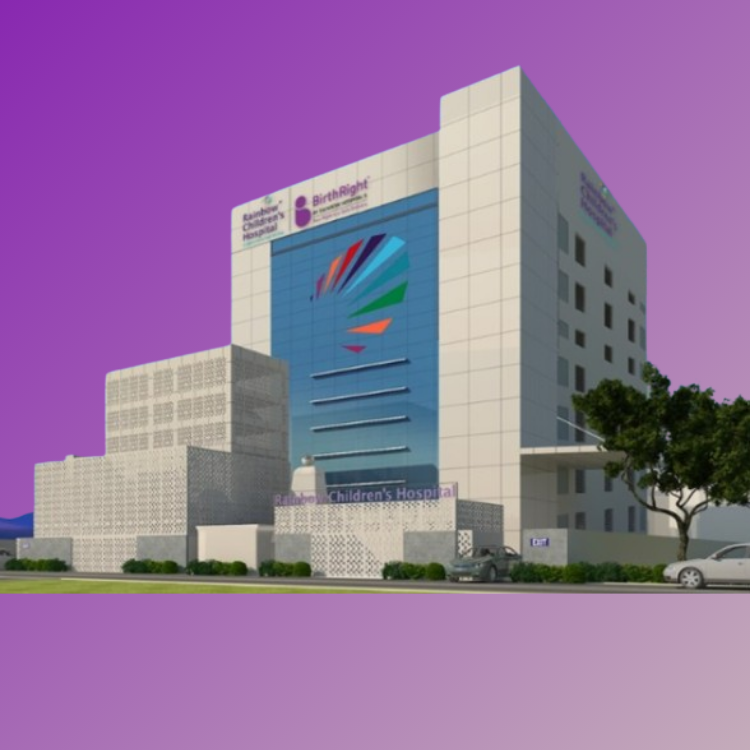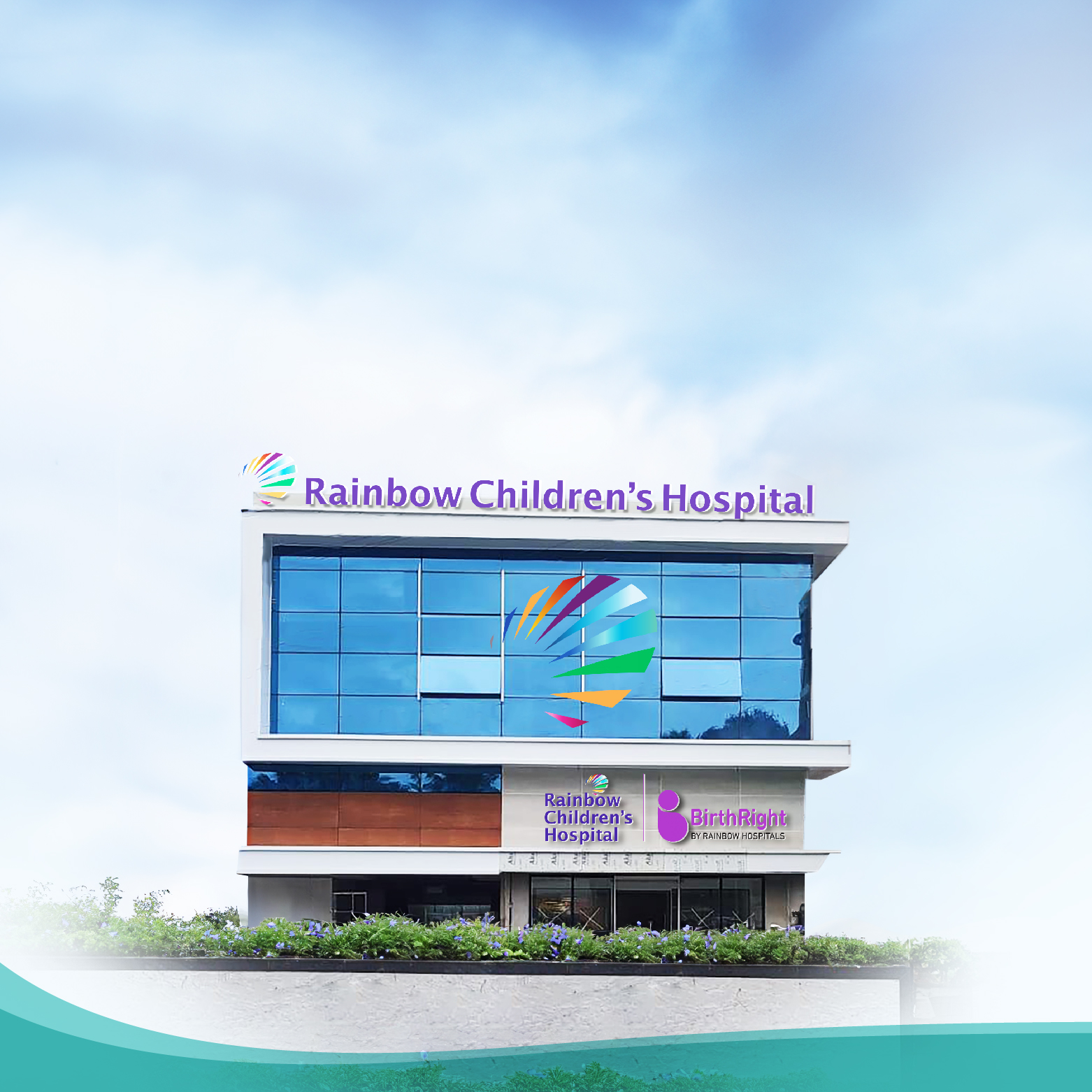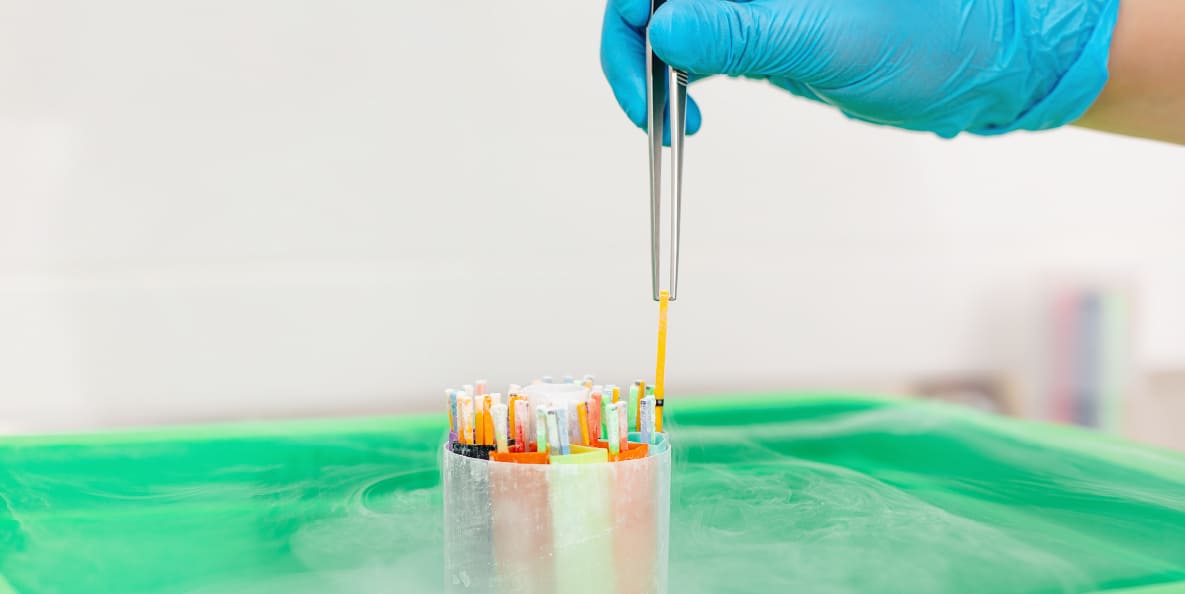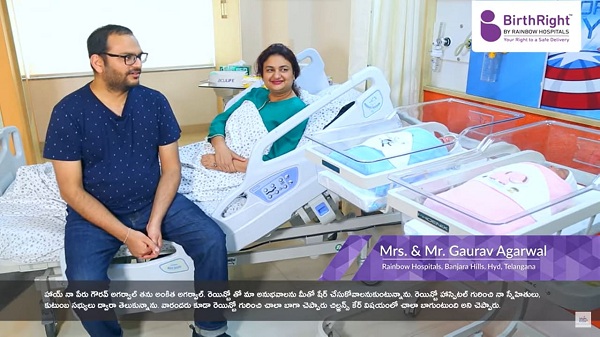Seamless support from diagnosis to post treatment care
Cryopreservation
The timing and age at which a couple desires to start a family no longer need to be constrained by the constraints of a biological clock. Cryopreservation offers couples the freedom to postpone parenthood and facilitates the option of conceiving at a later stage in life. This process enables individuals to safeguard their fertility, providing the flexibility to achieve pregnancy whenever they choose. Cryopreservation involves freezing eggs, sperm, or embryos at sub-zero temperatures for future use. When needed, these reproductive elements can be thawed and utilized in fertility treatments or for fertilization.
BirthRight Fertility at Rainbow Hospitals boasts a team of expert fertility specialists and utilizes cutting-edge technology to ensure that the cryopreservation process is seamless and as comfortable as possible. We offer comprehensive care for couples opting for cryopreservation, supported by a highly experienced team of fertility specialists and allied services. Our state-of-the-art facilities, research-based testing methods, and world-class specialists enable us to deliver high-quality care, even in the most complex cases.
Two primary methods are employed for cryopreservation in IVF labs: vitrification and slow freezing. Vitrification has gained significant popularity in recent years due to its numerous benefits, including a low risk of cell damage.
Embryos can be frozen at any stage before reaching the blastocyst stage, which typically occurs 5-7 days after fertilization. Prior to freezing, a cryoprotectant solution is used to lower the freezing point of the embryo, preventing the formation of ice crystals inside the cells, which could cause damage.
Frozen embryos exhibit remarkable resilience, remaining safely frozen for extended durations. Approximately two-thirds of embryos undergo freezing and thawing without harm. There have been instances where frozen embryos from two decades ago were successfully used to assist couples in achieving a successful pregnancy.
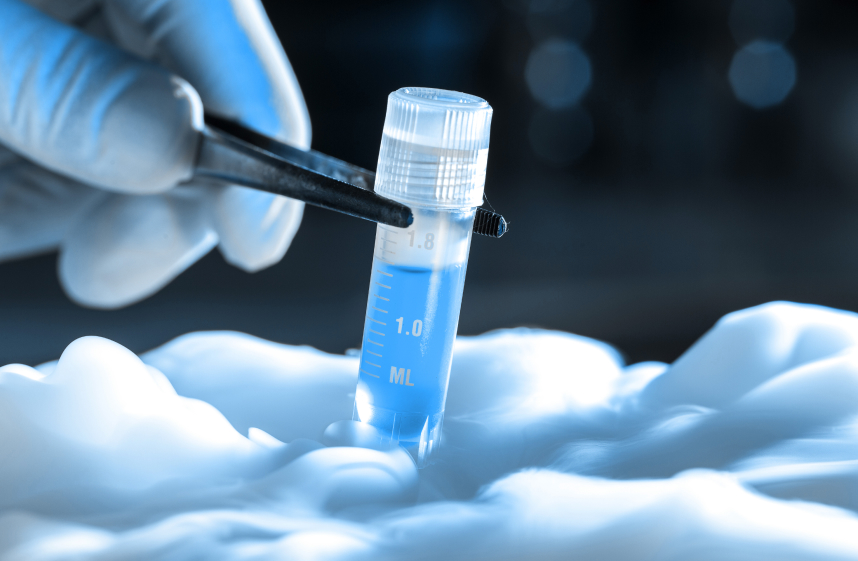
Find a Doctor
Expertise you can trust, Meet our esteemed doctors who bring exceptional knowledge, compassion, and innovation to provide top-notch care for your health and well-being.
Our Hospitals and ClinicsOur Hospitals and Clinics
Rainbow Children's Hospital stands as a testament to the hospital's continual pursuit of excellence and innovation, providing specialized care for women and children.
Request a Call back
Tap to Fill FormRequest a Call back
Blogs
Discover our most recent health articles provided by our reliable experts.
What Are People Saying About Us
Embark on a journey of inspiration and hope with our patient success stories, complemented by informative videos from our dedicated doctors.
If you want to delay bearing a child for pursuing goals related to education, career or personal life.
If you have a cancer diagnosis
If you wish to keep the option of frozen embryo transfer cycle open for future pregnancy
Cryopreservation might be deemed as a better option as compared to destroying the extra embryos
It provides another opportunity for achieving pregnancy if the process of IVF fails initially. The woman won’t have to go through ovarian stimulation and egg retrieval in future IVF cycles.
Even if the couple has a baby, the frozen embryos can be used for having another baby in the future.
Cryopreservation provides an option of saving embryos before the woman undergoes treatments, such as that for cancer, which might eliminate or reduce her chances of achieving pregnancy
The saved embryos can even be donated to other couples
The saved embryos can even be donated for the purpose of scientific research
In general, couples choose to freeze their embryos because they wish to have additional options in the future if they decide to become a parent. Other reasons why cryopreservation is considered to include factors like increasing age, risk of injury because of a medical condition or cancer treatment.
Thanks to new and improved technology being used, there is hardly any difference in the rate of pregnancy between fresh and frozen embryos. Additionally, frozen embryo transfer involves a gentler stimulation process with normal hormonal levels, which may improve the rate of pregnancy.
During the slow freeze process, if any ice crystals are formed, they may harm the embryo during the process of thawing. It is because of this risk that vitrification is the preferred technique for cryopreservation. There is no increased risk of birth defects among children born from frozen embryos.
It is usually considered for:
Women who are about to undergo treatment for certain cancers, which may affect the ovaries, preventing production of oocytes in the future.
In cases where insemination of oocytes with sperm after retrieval was cancelled due to inability of husband to produce semen samples. When donor sperm is not an option, oocytes may be frozen until the husband undergoes treatment and is able to provide viable sperms.
Ovarian stimulation and oocyte collection procedures are similar to standard IVF. The oocytes are then frozen within 24 hours of collection. At any later date, they can be thawed and injected with sperm as in ICSI (Intracytoplasmic Sperm Injection) to achieve fertilization. The timing, preparation of uterine cavity and embryo transfer are as for frozen-embryo transfers.
Oocyte freezing is still considered to be in its experimental stage. In comparison with frozen embryo cycles, oocyte freeze/thaw cases are much lower in number due to the poor survival rate of oocytes. However, after the introduction of Vitrification, the technique has significantly improved.
Sperms can be frozen for a number of reasons:
To store donated sperm (sperm banking) (Not done at our centre)
Back up sperm samples are frozen for couples undergoing infertility treatment if the husband finds it difficult to ejaculate on demand. Such frozen samples are thawed and used for insemination on the day of oocyte retrieval.
Surplus surgically extracted sperms (TESA, PESA), can be frozen after they have been used for insemination.
Prior to cancer treatment that may compromise fertility.
Quick Links
- Best Cryopreservation Doctors In Hyderabad
- Best Cryopreservation Doctors In Bangalore
- Best Cryopreservation Doctors In Delhi
- Best Cryopreservation Doctors In Chennai
- Best Cryopreservation Doctors In Vijayawada
- Best Cryopreservation Doctors In Vizag
- Best Cryopreservation Doctors In Kondapur
- Best Cryopreservation Doctors In Governerpet
- Best Cryopreservation Doctors In Banjara Hills
- Top Cryopreservation Doctors in India
- Cryopreservation Doctors near me in Kondapur
- Top Cryopreservation Doctors In Kondapur
- Cryopreservation Doctors near me in Banjarahills














